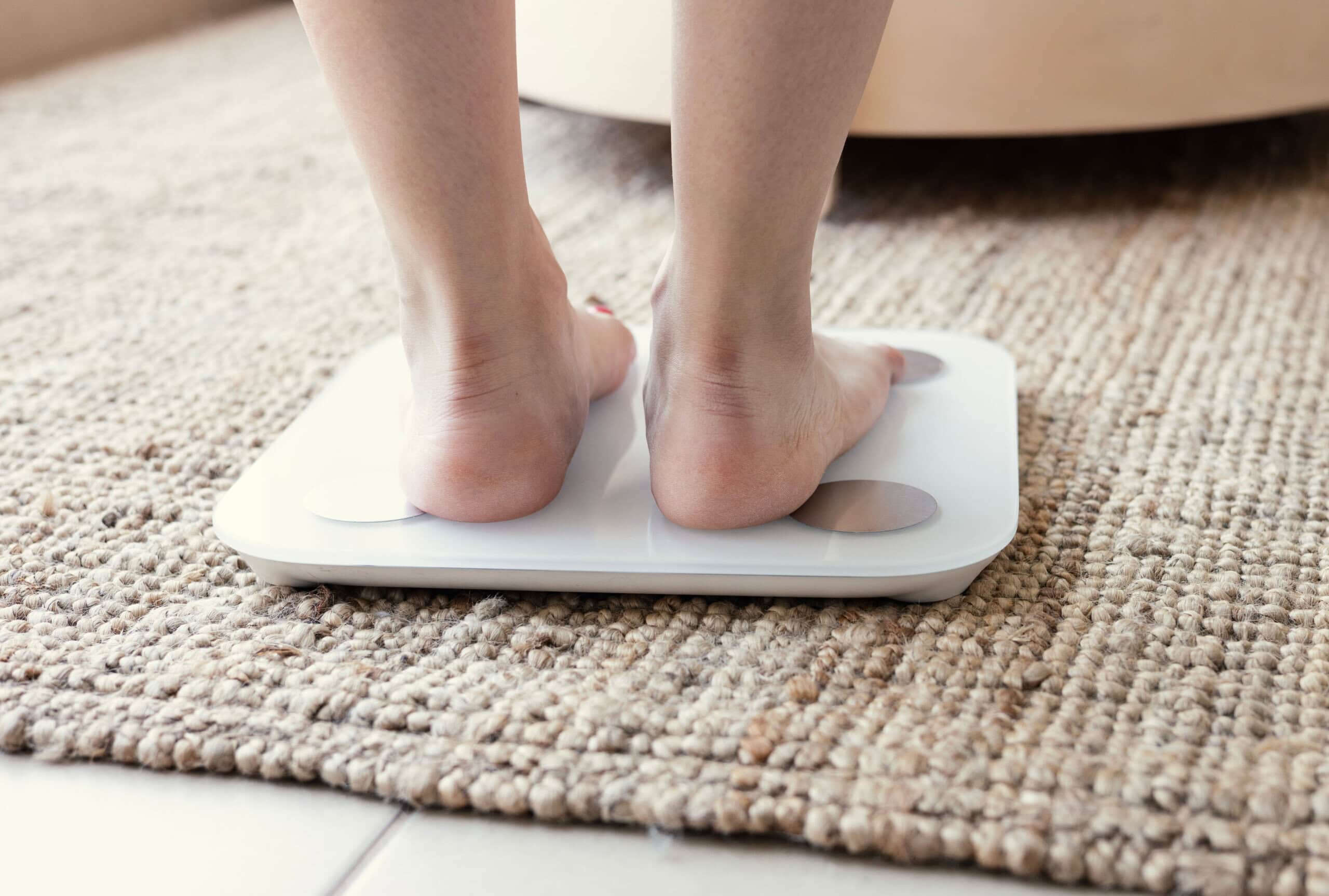Lessons from Dr Michael Mosley: Gut Health
Throughout July, we’re honouring Dr Michael Mosley’s legacy by reflecting on the lessons he taught us about a variety of topics including food, sleep, fasting, exercise, and the secrets to leading a happy life.
Awareness of gut health has been increasing over the years, and Dr Michael Mosley greatly contributed to this movement through his research on how our microbiomes are affected by food. His best-selling book, The Clever Guts Diet, explores how to revolutionise your health from the inside out and has helped so many readers gain insight into how important gut health really is.
The importance of gut health
Having a healthy gut microbiome has proved time and time again to have strong associations with the prevention of various chronic diseases. While a typical ‘Western diet’ is associated with metabolic syndrome, obesity, type 2 diabetes and cardiovascular disease, a Mediterranean diet has been shown to prevent these types of illnesses due to its gut-supporting foods.1
Dr Mosley recommended that, if you want to improve your gut health, “you know the drill: eat a healthy, Mediterranean-style diet with lots of vegetables, nuts and oily fish, and include fermented food, such as sauerkraut and yoghurt.” To honour his research, we’re sharing the top lessons he taught us on gut health to continue spreading the word about how key it is to a happier, healthier life.
Join our email community
Learn more about The Fast 800 approach to healthy living by receiving our free content, health tips and recipes as well as exclusive offers, delivered straight to your inbox.
Dr Mosley’s lessons on gut health
1. A diverse microbiome is a happy one: Although fibre is important for gut health, Dr Mosley reminded us that “a diverse microbiome is a happy microbiome”. Microbiota diversity is measured by how many different species of microbes there are in your gut, and how evenly distributed they are.2 The more diverse, the better, as a wide array of microbes ensures our microbiomes are resilient and strong. Dr Mosley encouraged introducing “new non-starchy vegetables, healthy fats, legumes and fermented food while steering clear of harmful processed foods” to keep your gut diverse and resilient.
2. Lifestyle and diet can influence gut health: Dr Mosley reminded us that “whilst genetics can determine how our guts function, lifestyle can impact how well we choose to maintain it. Regular exercise, sleep, water intake, diet and stress management can impact our gut.” In a BBC programme, ‘The Truth About Sleep’, Dr Mosley highlighted the link between good sleep and gut health, and he often recognised studies which show that exercise also plays a positive part in gut microbiota activity.3
3. Your gut is responsible for far more than digestion: Your gut microbiome helps to regulate more than just the digestion of food. It’s important for improving your immune system, sleep, heart health and even weight.4, 5, 6 Your gut is also partly responsible for improving your mood and regulating anxiety and pain.7 Dr Mosley stated that “your brain affects your gut (think butterflies in your stomach) and vice versa. It plays a role in our mental health, influencing anxiety, depression and overall well-being.”
4. Adding fermented food may help you lose weight: Dr Mosley frequently shared his love of fermented foods as he knew the benefits it can have on not only your gut health, but your weight too. Plenty of studies have supported the connection between fermented foods and weight loss, but Dr Mosley was particularly interested in one that proved that eating kimchi, specifically, causes a significant reduction in weight and waist size.8 He shared that “fermented foods, like sauerkraut and kimchi, are rich in both prebiotics and probiotics, or at least they are if you make them yourself, which I do.” However, he warned to be careful where you source them from, as “the bottles of fermented vegetables you buy in supermarkets are often pasteurised, so any living bacteria are now long dead.” If you’re looking to make fermented foods at home, click here to access our Simple Kimchi recipe.
Dr Mosley’s prolific work on gut health has impacted the lives of thousands around the world. Bringing awareness to the fact that many factors contribute to a healthy, diverse microbiome has helped to ensure fewer people suffer from gut-related diseases. We’re so proud to continue that legacy by sharing just a few of the many lessons we learnt from him over the years.
Nagpal R, Shively CA, Register TC, Craft S, Yadav H. Gut microbiome-Mediterranean diet interactions in improving host health. F1000Res. 2019 May 21;8:699. doi: 10.12688/f1000research.18992.1. PMID: 32704349; PMCID: PMC7359750.
Valdes A M, Walter J, Segal E, Spector T D. Role of the gut microbiota in nutrition and healthBMJ 2018; 361 :k2179 doi:10.1136/bmj.k2179
Monda V, Villano I, Messina A, Valenzano A, Esposito T, Moscatelli F, Viggiano A, Cibelli G, Chieffi S, Monda M, Messina G. Exercise Modifies the Gut Microbiota with Positive Health Effects. Oxid Med Cell Longev. 2017;2017:3831972. doi: 10.1155/2017/3831972. Epub 2017 Mar 5. PMID: 28357027; PMCID: PMC5357536.
Aron-Wisnewsky J, Clément K. The gut microbiome, diet, and links to cardiometabolic and chronic disorders. Nat Rev Nephrol. 2016 Mar;12(3):169-81. doi: 10.1038/nrneph.2015.191. Epub 2015 Nov 30. PMID: 26616538.
Rooks MG, Garrett WS. Gut microbiota, metabolites and host immunity. Nat Rev Immunol. 2016 May 27;16(6):341-52. doi: 10.1038/nri.2016.42. PMID: 27231050; PMCID: PMC5541232.
Noor J, Chaudhry A, Batool S, Noor R, Fatima G. Exploring the Impact of the Gut Microbiome on Obesity and Weight Loss: A Review Article. Cureus. 2023 Jun 25;15(6):e40948. doi: 10.7759/cureus.40948. PMID: 37503494; PMCID: PMC10368799.
Cryan JF, Dinan TG. Mind-altering microorganisms: the impact of the gut microbiota on brain and behaviour. Nat Rev Neurosci. 2012 Oct;13(10):701-12. doi: 10.1038/nrn3346. Epub 2012 Sep 12. PMID: 22968153.
An SY, Lee MS, Jeon JY, Ha ES, Kim TH, Yoon JY, Ok CO, Lee HK, Hwang WS, Choe SJ, Han SJ, Kim HJ, Kim DJ, Lee KW. Beneficial effects of fresh and fermented kimchi in prediabetic individuals. Ann Nutr Metab. 2013;63(1-2):111-9. doi: 10.1159/000353583. Epub 2013 Aug 17. PMID: 23969321.









